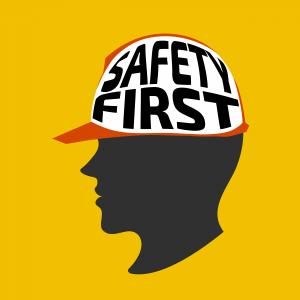
Understanding Your Agent’s Safety Policies and Procedures
When it comes to personal on-the-job safety, real estate professionals are in a unique position. They often share their contact information and photo openly with others, they meet unknown clients, and they walk through vacant properties.
Because the nature of their business creates unusual safety concerns, it’s critical for your buyer’s rep to rely on certain protocols when working with every client, including you. While every agent is different, common safety procedures include:
Initial meeting place. Instead of meeting you for first time at a property, your buyer’s rep may ask you to meet them in their office or another public location. Please don’t be offended by this. After all, you wouldn’t want to meet a stranger at an empty house, would you?
Documentation. At this first meeting, don’t be surprised if your agent asks to make a copy your driver’s license, your mortgage pre-approval letter, or requests emergency contact details. These are common components of their client records and standard safety procedures.
Driving. Your agent may ask you to drive separately to tour a house. This is another standard safety precaution, intended to protect both of you. Besides, you may both have commitments immediately after the appointment.
Touring homes. Don’t be surprised if your agent walks behind you while touring homes. This routine habit isn’t only a safety precaution; it allows you to see the rooms first and get better views of the space. Also, your agent may decline to accompany you into basements, closets, or attics, but you should still feel free to have a look around.
Vacant properties. Your agent may only show you vacant properties during daylight hours, partly because they may be more vulnerable to defects (like loose floor boards or deck railings). This becomes especially important if the property has been vacant for an extended time, since this increases the odds of maintenance-related problems, or break-ins by squatters or wild animals.
Neighborhoods. If you ask whether a neighborhood is safe, recognize that Fair Housing laws prohibit real estate professionals from engaging in any behavior that could be viewed as steering people towards or away from an area. Instead, they can direct you to the best resources to make your own determination of where you’ll feel comfortable.
